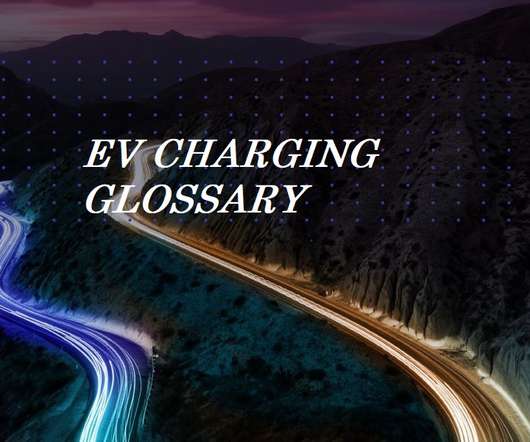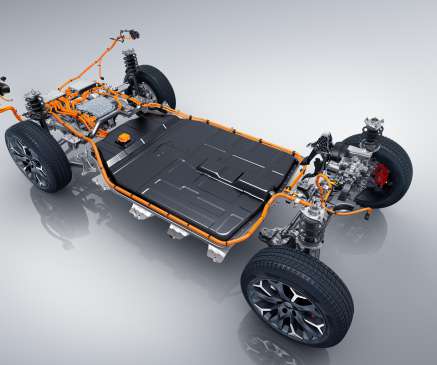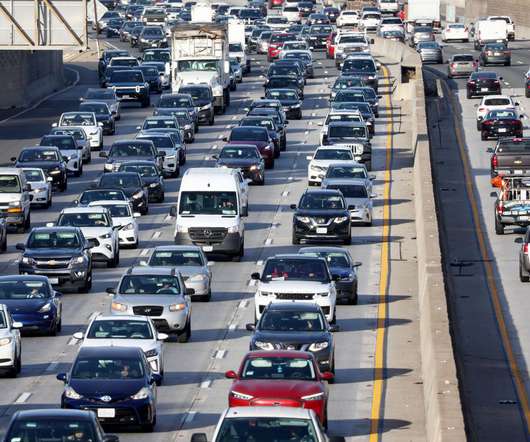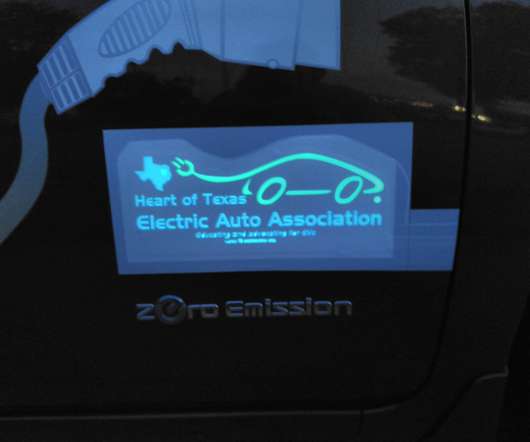Why EVs Aren't a Climate Change Panacea
Cars That Think
JANUARY 28, 2023
Greenpeace , on the other hand, argues that sales of all diesel and petrol vehicles, including hybrids, must end by 2030 to meet such a target. This is due to the 30 to 40 percent increase in emissions EVs create in comparison to manufacturing an ICE vehicle, mainly from its battery production. For the U.S.































Let's personalize your content